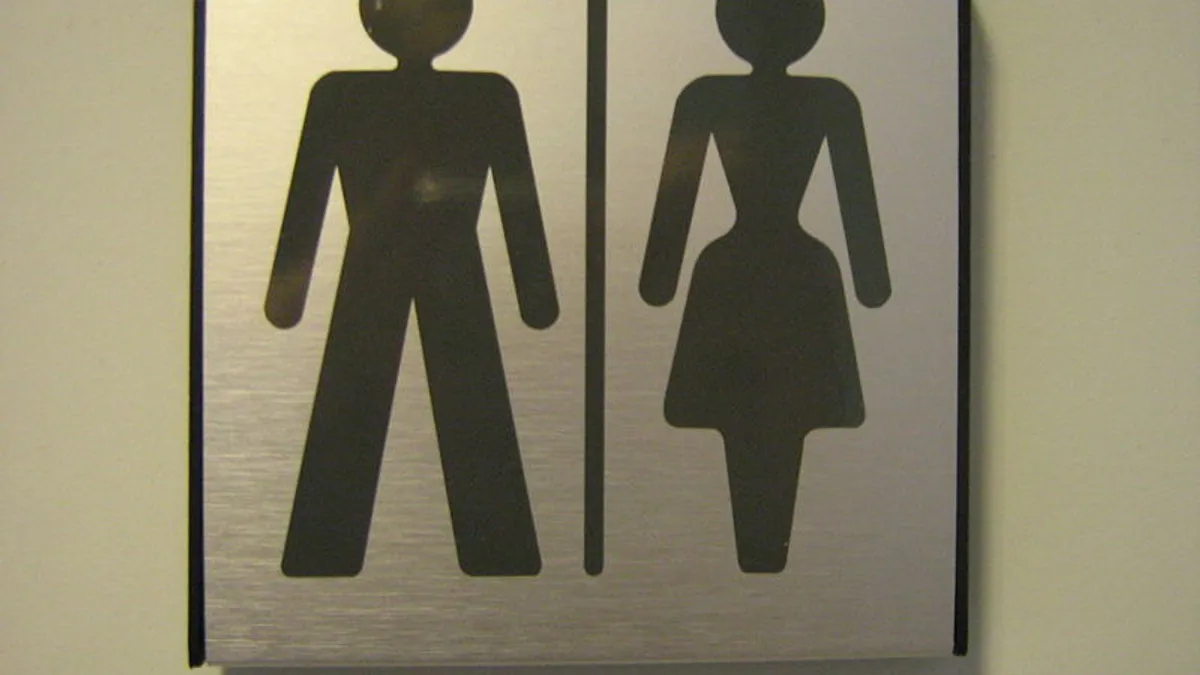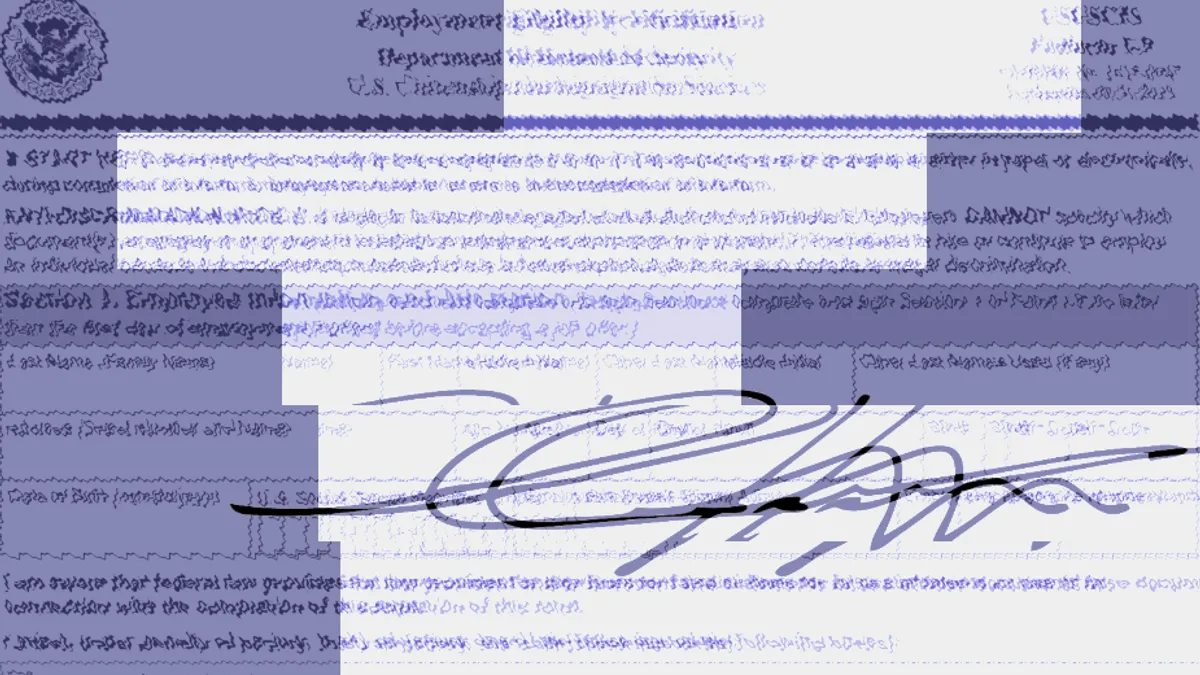Dive Brief:
- Massachusetts is closing in on broad gender pay equity legislation that will make litigating such cases significantly less challenging for plaintiffs, according to JD Supra.
- Massachusetts is following in the footsteps of California, New York, and Maryland, which each enacted expansive equal pay laws over the past few months.
- The JD Supra article, from Mark Burak of Ogletree, Deakins, Nash, Smoak & Stewart, P.C.
notes that when the new law takes effect (Jan. 1, 2018) Massachusetts employers should pay much closer attention to related litigation perils, and beef up their risk management strategies to avoid being hit with pay inequality claims.
Dive Insight:
The proposed new law considerably broadens the state's existing law. Rather than a plaintiff having to prove gender-based unequal pay for equal work before a claim can move forward, the bill "establishes a violation for pay differentials" between genders for “comparable work.”
The legislation defines “comparable work” as work that is “substantially similar” in terms of skill, effort, and responsibility and is performed in similar working conditions. While the typical legal defenses apply (seniority, performance metrics, etc.), the legislation excludes criteria that would impact comparability, such as the value of the employees’ work to the employer, according to Burak. Among other major changes, Burak writes that bill eliminates an employee’s previous wage or salary history as a defense, which is about eliminating "perpetuation of past discrimination by prior employers."
The new law gives Massachusetts employers plenty of time to get their houses in order. Burak suggests, among other strategies, conducting a carefully designed pay equity audit as part of an exposure reduction strategy. It's no secret within the HR community that gender pay equity is a serious hot button issue as far as the federal government is concerned. It's also a leading reason why some are calling for complete pay transparency as one quick, relatively easy solution.













